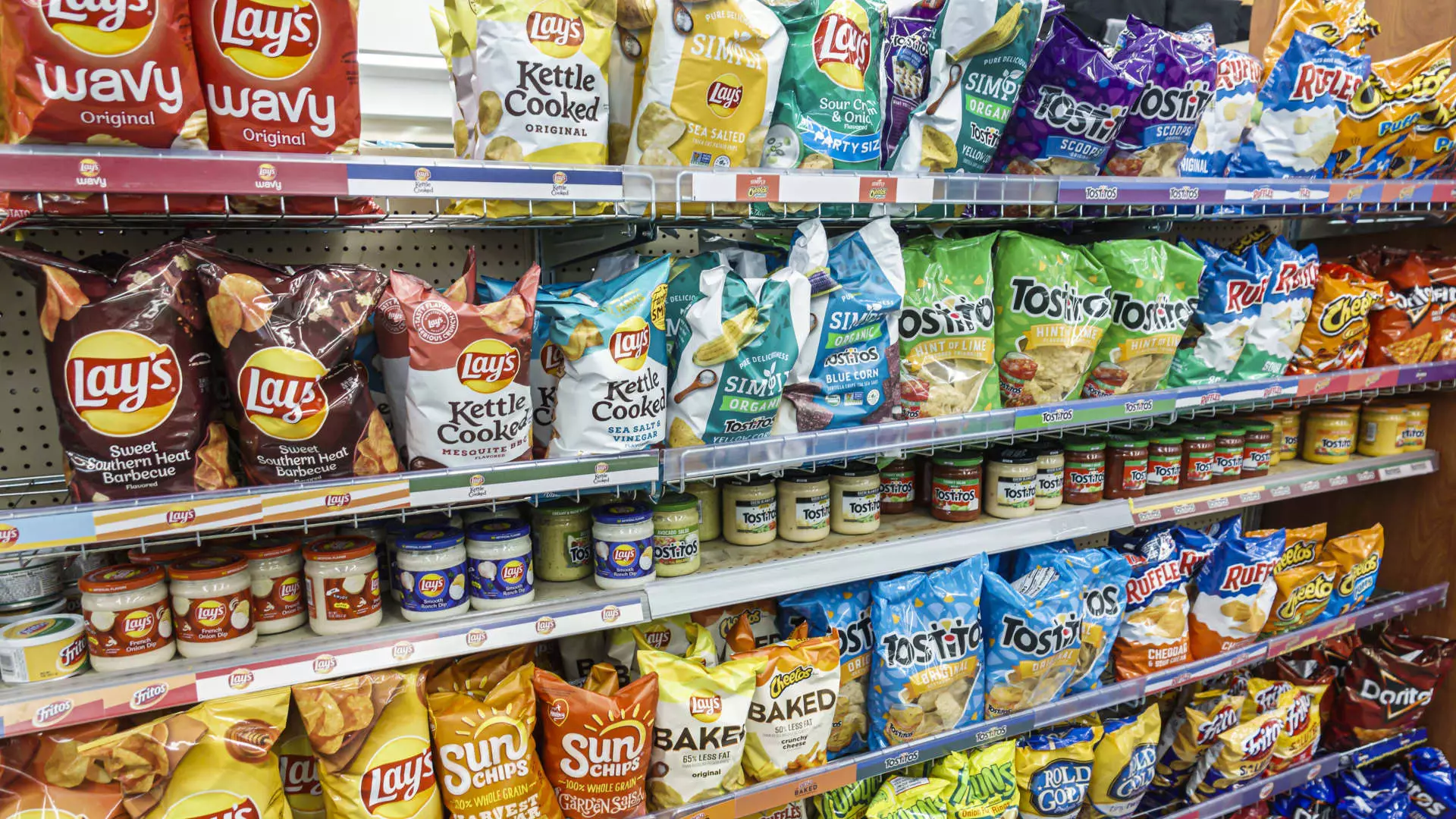Processed Food Stocks Under Pressures from Political Tensions

The stock market is often a barometer for broader sentiment regarding regulatory changes, and recent fluctuations in the processed food sector highlight this connection starkly. On a day marked by significant trading volume, shares of some of the largest names in the processed food industry experienced notable declines. Investors expressed concerns regarding President-elect Donald Trump’s recent decision to nominate Robert F. Kennedy Jr. as the secretary of the Health and Human Services Department (HHS). This appointment notably encompasses oversight of both the Food and Drug Administration (FDA) and the Centers for Disease Control and Prevention (CDC), raising alarm bells among food industry stakeholders.
Leading brands like PepsiCo and Coca-Cola saw their stock prices drop sharply, with declines of more than 4% and 1.3% respectively. Analysts are interpreting these shifts as market apprehension about the regulatory landscape under Kennedy’s potential stewardship, which has sparked fears of heightened scrutiny on products ranging from sugary sodas to preservative-laden snacks.
Implications for Food Companies
The ramifications of this political appointment extend deep into the operational strategies of processed food companies. Firms such as General Mills and Conagra Brands, which produce beloved items like Cheerios and Reddi-wip, also felt the heat, both experiencing reductions of over 2% in their stock values. The concerns appear to be multifaceted; Kennedy’s past critiques of companies cooking up mass-produced, chemically enhanced food products hint at possible reforms that could reshape the industry.
Similarly, household names including Campbell Soup and Kraft Heinz faced market declines, exacerbated by fears over increased regulation on fortified and flavored food items. Stocks in companies like Lamb Weston, primarily associated with frozen potatoes and fries found in major fast-food chains, plummeted more than 6%, highlighting a pervasive sentiment of uncertainty about the future profitability of such businesses in an evolving regulatory environment.
Health Oversight and Public Sentiment
Kennedy’s history as a vocal critic of current health regulators and his push for sweeping changes at the FDA have not gone unnoticed by the public and other political figures. The skepticism surrounding his views, particularly in relation to vaccine hesitancy and conspiracy theories, adds layers of complexity to understanding the broader implications of his policies. With promises like “Make America Healthy Again,” Kennedy has already hinted at transformation within the health sector that may very well target processed food giants.
For instance, his commentary on the extensive ingredient lists of products like Fruit Loops suggests a possible examination of food labeling practices. This could spell trouble for brands whose products rely on a concoction of additives and preservatives that may not sit well with an increasingly health-conscious consumer base. With Kennedy at the helm of public health oversight, the question remains: how will these changes affect consumer choice, product formulation, and ultimately the financial health of processed food companies?
The impact of political appointments on the stock market—especially in the processed foods sector—is a telling reminder of the interconnectedness of industry and governance. With heightened scrutiny on foods deemed unhealthy, companies must brace for potential regulatory shifts that could redefine not just their offerings but also their market positions. While the market reacts to the present concerns, it is clear that the very fabric of the processed food industry may be poised for a significant transformation sparked by political winds. Companies will need to innovate and adapt quickly to remain resilient in this new environment.





